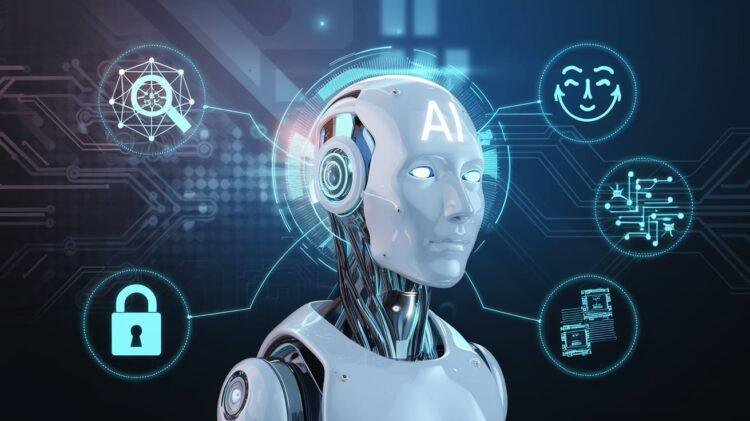Related Post
AI is changing many aspects, from policing to art. Here’s a deep dive into how AI is transforming every aspect of activity including surveillance, emotional recognition, predictive policing, and even creative realms like art or music. Let’s take a closer look.











